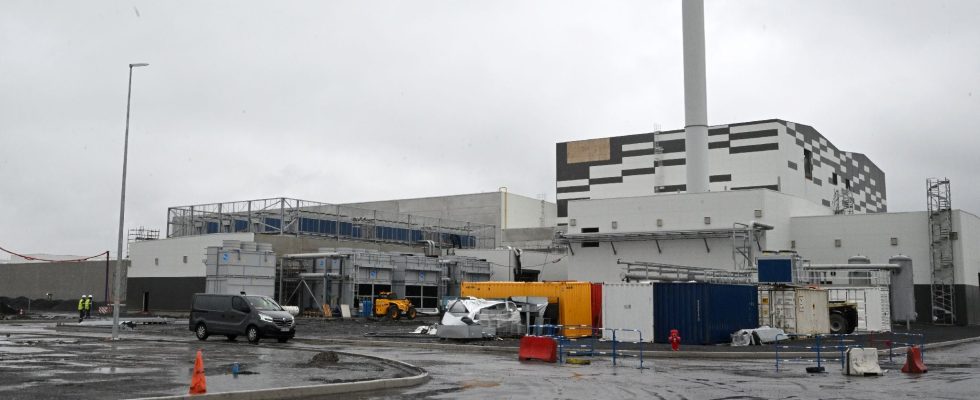It has become a national sport. Month after month, year after year, factory openings are the subject of a careful review. Will they compensate for the closures? Will they create jobs? Will they help to guarantee the sovereignty of France? Will they allow it to erase more than half a century of destruction of its industrial fabric? One of the observers of the phenomenon, the Trendeo firm, submitted its copy for 2023. And, coorico! The balance is once again positive. Over the year, France recorded 137 factory openings, which more than offset the closure of 106 others.
A short-lived satisfaction. Since the peak observed in 2021, the curve has plummeted. The economic deterioration is obviously not unrelated to this slowdown: the rise in interest rates and energy prices has weighed on industrial activity in France, as elsewhere in Europe. The end of the French recovery plan, which generously provided businesses with relief from Covid, would also be felt. But at this rate, France runs the risk of going back into the red this year, assures David Cousquer, the founder of Trendeo: “The situation is likely to become even more tense in 2024, not to mention that China is in a state of of overproduction such that it will certainly cut prices abroad to sell off its stocks.
At the risk of ruining the fragile momentum of reindustrialization. A hypothesis that is all the more regrettable since France has taken the turn towards “green” industry. This is evidenced by the start-up of the ACC battery production plant in the North and the resumption of the photovoltaic panel sector – which Chinese and American competition could however thwart. The whole challenge now consists of “not losing ground in sectors where France is strong and repositioning it in sectors where it has lost its footing”, summarizes David Cousquer.
On condition, according to him, to abandon the idea that the industry can only be reborn on the basis of high-end, and therefore often niche, production. The speech is widely relayed by car manufacturers, like Stellantis which attributes premium models to its French factories, including a number of SUVs – renowned for their comfortable margins – but no city cars. France could, however, repatriate productions accessible to the greatest number of people by massive automation, according to Trendeo. The subject, however, remains highly flammable due to its possible effects on employment. Reindustrialization is anything but a long, quiet river.
.
